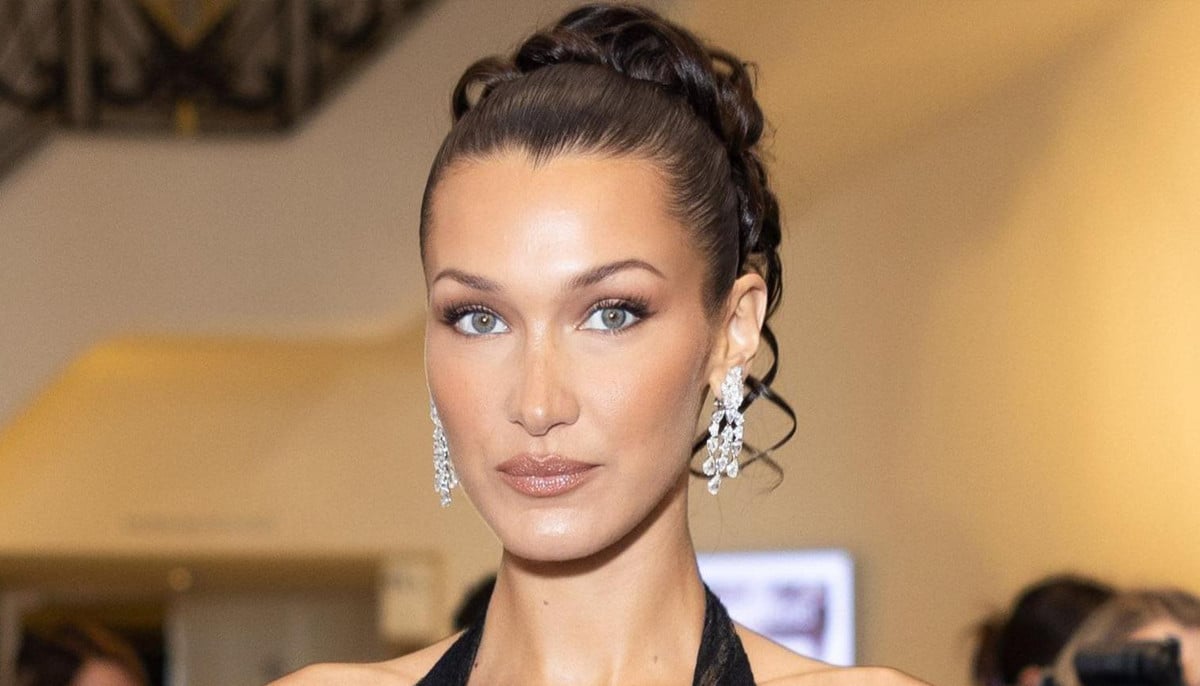Studies show smartest people are happier alone
Studies have also shown that spending more time with people and socialising is an indicator of higher intelligence
Studies show that smarter people are happier when they are alone, unlike most of people who are happier with friends and family.
A 2016 study led by Norman P. Li and Satoshi Kanazawa investigated the "savanna theory" of happiness.
The theory suggested that even in the present day, despite many advances, humans respond to situations the same way their ancestors would. The theory is also called the "evolutionary legacy hypothesis". The term Savanna refers to the time when mankind lived on the savanna.
The study extracted data from 15,197 interviews conducted by the National Longitudinal Study of Adolescent Health. The sample was aged 18-28.
The findings of the study showed that people who lived in areas with greater population density had lower life satisfaction. Authors suggested that this was consistent with the feelings of our ancestors who would have felt threatened and uncomfortable in larger groups.
Citing several other studies, the authors said that the human brain evolved to function in groups of 150 people on average.
The study also found that the negative impact of groups and crowds was more on those with average intelligence. Since smarter ancestors had greater strategic flexibility, they were able to adapt well to bigger groups. Therefore, their descendants are also less affected by urban environments.
The reason that most people are more satisfied and happier when with people is because of the needs that friends fulfil such as the need to be needed, reliability and the feeling of relatedness.
People that are highly intelligent, however, are happier when on their own. Scientists still do not understand the exact reason why this happens. Do intelligent people have different needs? Are other people distracting to them?
On the contrary, studies have also shown that spending more time with people and socialising could be an indicator of higher intelligence. The contradiction of the findings has baffled experts.
-
Jelly Roll explains living with 'severe depression'
-
Charli XCX reveals ‘confusing’ toll ‘Brat’ popularity took on her
-
Margot Robbie opens up about imposter syndrome ‘crisis’
-
Hailey Bieber reveals how having ovarian cysts is 'never fun'
-
Sir Elton John details struggle with loss of vision: 'I can't see'
-
What we know about Chris Cornell's final hours
-
5 famous celebrities who beat cancer
-
Oprah Winfrey talks about weight-loss 'tool to manage' health












